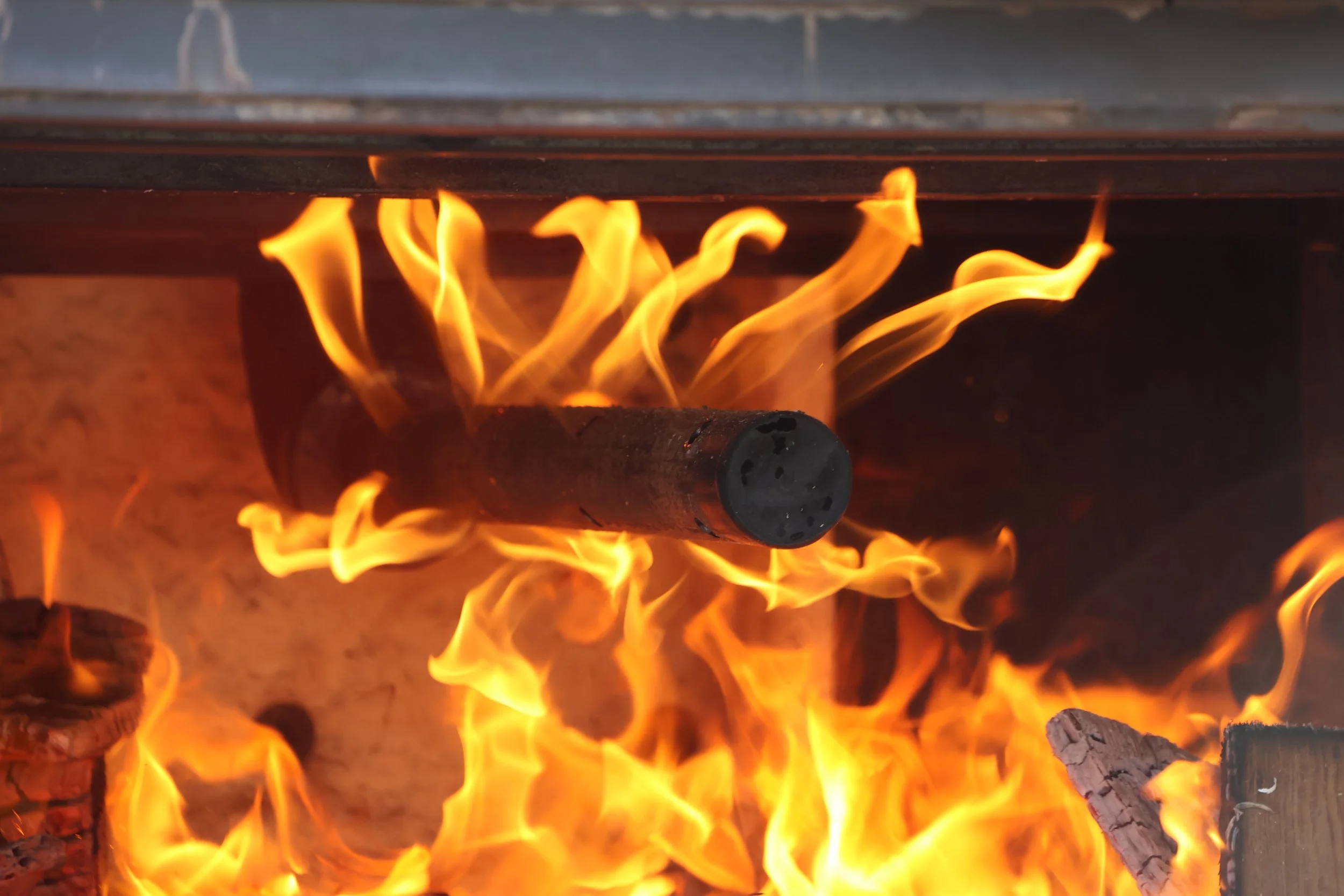BIOCHAR Kilns



Both Crusader and our expert technical Māori partners are highly experienced pyrolysis process engineers at the forefront of research and development for an environmentally sustainable Carbon Negative biochar future.
Our systems produce the incredible biochar, locking in carbon to help climate change issues, rejuvenating poor quality land, protecting waterways and reducing landfill wood volumes.
We can process CCA treated wood using our proprietary arsenic emissions technology, thus reducing landfill volumes and disposal costs.
From large industrial pyrosis systems for urban wastes approved by some local authorities, to viable large scale modularised and transportable systems to combat forestry slash in-situ, waste wood at timber processors, or a small hobbyist kiln, our experienced team can offer a reliable and practical system to meet your requirements.
Our industrial kilns can be powered by waste timber and/or slash. Biochar is more valuable than just boiler fuel, with excess heat incorporated into your boiler system.
Crusader has also worked on the pyrolysis of used tyres, helping to unlock all the valuable and reusable elements contained within them.
Biochar Advantages...
There are countless articles and papers on the uses and advantages of biochar online but below are a few notes....
Biomass that is turned to biochar sequestration using pyrolysis is CARBON NEGATIVE.
1) Biochar binds CO² into a solid, storing/sequestering it out of the atmosphere.(It is a revenue stream from carbon credits, claimed from the emissions trading scheme)
2) Biochar reduces the volume and cost of dumping in landfill when compared with timber.
3) Biochar is proven to rejuvenate poor quality agricultural soils and used in sandier soils to help store water and nutrients.
4) Biochar has a huge surface area to store not only water, but nutrients, fungi, microbes, and bacteria for healthy plant growth.
5) Biochar is used in filtration (Carbon Filters) and helps capture landfill heavy metals and contaminants in leachate.
6) Biochar reduces the amount of fertilizer nitrate runoff.
7) Biochar can be used in building materials like concrete and other processes.
8) Biochar can be used in livestock feed to improve animal health, yields.
9) Biochar itself can be used as CLEAN BURNING boiler fuel (but is obviously not carbon friendly, and carbon credits are not available!)

